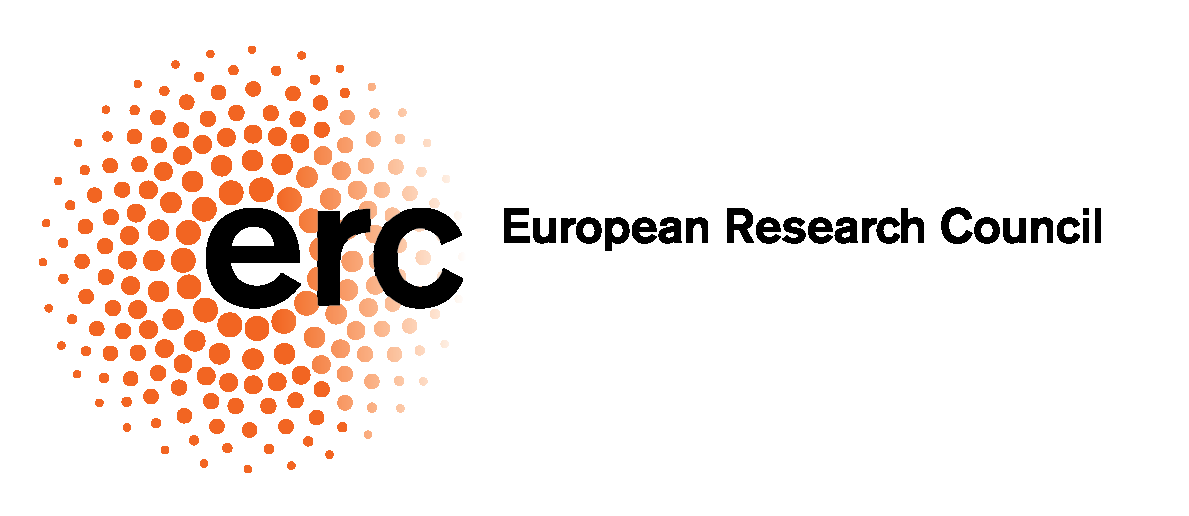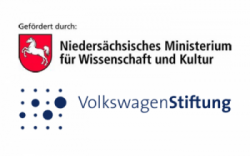Ageism and intergenerational tension in the age of climate change
This proposal addresses prominent global challenges currently faced by humanity: the climate change and ageism/intergenerational tension. The most important inheritance we can leave to future generations is an intact world, in which they can continue to live and flourish. Yet, there appears to be high levels of ageism and a growing tension between the generations in the ideological discourse surrounding climate change. At times of scarce resources brought by the climate change and the gradual depletion of the earth’s resources, intergroup threat is likely to increase and old people may be expected to succumb and not to burden the younger generations. This proposal examines the manifestation, origins and consequences of ageism and intergenerational tension in the context of climate change ideological discourse. To achieve these goals, we will conduct four different studies that together provide a comprehensive outlook on this phenomenon. We will rely on a mixed-methods design including both qualitative and quantitative/experimental research methods, moving between deductive, inductive and abductive approaches to data collection and analysis. Data collection and analysis will vacillate between the global international arena and the local arena. Study 1, aims to outline the manifestation of ageism and intergenerational tension in ideological discourse in the field of climate change. This will be done through content analysis of English-written texts available on official websites of climate change opinion leaders over the past two decades (starting in 1999). Study 2, aims to identify the roots of ageism and intergenerational tension by interviewing climate change opinion leaders who were identified in study 1 as instigating ageism and intergenerational tension in their ideological discourse. This will be done through individual in-depth interviews. Study 3, aims to explore ageism and intergenerational tension in the context of climate change in the discourse produced by laypeople. This will be done through qualitative focus group interviews with laypeople. Study 4, aims to examine the impact of ageism and intergenerational tension in the ideological discourse around climate change on laypeople’s reaction to climate change, ageism and intergenerational tension. This will be done experimentally, through a series of case vignettes which vary in terms of the ideological discourse produced and the age of the person who delivers the message. Relying the succession and consumption model and the intergroup threat theory, this innovative comprehensive approach is expected to result in the refinement and elaboration of theoretical understandings concerning ageism and intergenerational tension in a world that is experiencing a depletion of its resources. As this is only one of multiple intergenerational tensions that occur in contemporary political discourse, results have substantial implications worldwide in a variety of domains. Practically, this study provides a bridge between science and policy as findings may guide future campaigns around climate change and will contribute to a life in a world for all ages, in which old age is not seen as a burden or a liability.

